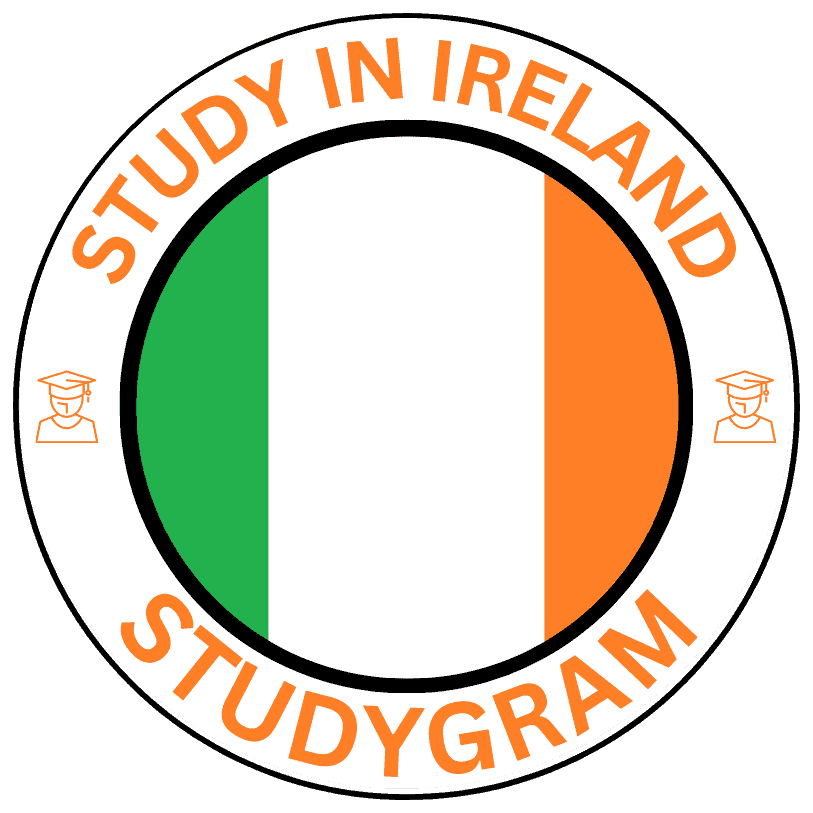
Harnessing Research Funding to Improve Cancer Detection at TU Dublin
In a significant development in Ireland‘s medical research landscape, Technological University Dublin (TU Dublin) is leading a groundbreaking project to enhance cancer diagnostic technology. Supported by over €650,000 in research funding through the prestigious Taighde Éireann – Research Ireland Pathway Programme, this initiative aims to create a faster, more sensitive, and non-invasive method for detecting cancer, particularly breast cancer. This effort not only exemplifies Ireland’s commitment to advancing healthcare through research but also highlights TU Dublin’s role as a hub of innovation in medical technology.
In-Depth Overview of the Cancer Diagnostic Innovation at TU Dublin
The project is spearheaded by Dr. Anand V.R., a postdoctoral research fellow at TU Dublin’s Photonics Research Centre (PRC). His team is developing a novel biosensing platform that combines two advanced optical technologies—whispering gallery mode (WGM) sensing and surface-enhanced Raman scattering (SERS). These cutting-edge techniques aim to detect minute concentrations of cancer biomarkers in blood samples, leading to quicker and more accurate diagnosis without the need for chemical labels or invasive procedures.
Facilitated by TU Dublin’s state-of-the-art facilities, including a dedicated 90m² research laboratory environment, the project involves collaboration across multiple research centers, including the Nanolab Research Centre led by Dr. Furong Tian. The combined expertise in nanomaterials and nanoparticle modification will enable precise biomedical application development, with the ultimate goal of creating a prototype capable of rapid, non-invasive breast cancer detection.
Key Outcomes and Societal Impact of TU Dublin’s Cancer Detection Research
The primary goal is to develop a proof-of-concept biosensing device that can identify early-stage breast cancer by detecting tiny biomarkers in blood. Early detection is critical in improving treatment outcomes, and this technology promises to significantly reduce diagnostic times while increasing sensitivity and specificity.
Such advancements could revolutionize cancer screening, making it more accessible and less stressful for patients. Moreover, the non-invasive nature of the biosensing platform aligns with global healthcare trends emphasizing personalized and preventive medicine. If successful, this technology could be adapted for various other cancers and diseases, broadening its societal benefits.
The Role of Funding and Collaboration in Advancing Medical Research
The €650,000 grant from the Irish government underlines Ireland’s strategic investment in R&D, particularly through the Research Ireland Pathway Programme. Minister James Lawless TD emphasized that this funding supports emerging research leaders, fostering innovation across multiple disciplines aligned with national priorities such as healthcare and environmental sustainability.
Collaboration between TU Dublin’s PRC and Nanolab, complemented by the involvement of PhD students and industry experts, underscores the importance of interdisciplinary teamwork in translating scientific discoveries into real-world solutions. Such cooperation amplifies research impact, accelerates technology commercialization, and enhances Ireland’s reputation in global healthcare innovation.
Opportunities for Future Research and Development at TU Dublin
Beyond immediate project goals, TU Dublin’s investment in biosensing and nanotechnology research opens doors for future advancements in diagnostics and personalized medicine. The university’s commitment to fostering an innovative research environment ensures continuous development of cutting-edge tools that can transform healthcare delivery.
Students and young researchers involved in this project gain invaluable experience working at the forefront of scientific discovery, preparing them for leadership roles in academia and industry. Meanwhile, the university’s collaborations with governmental agencies and industry stakeholders facilitate a pathway from laboratory research to clinical application and commercial deployment.
The Future of Cancer Diagnostics and TU Dublin’s Role
The development of advanced biosensing platforms at TU Dublin exemplifies how strategic research funding and collaborative expertise can make tangible impacts in healthcare. By focusing on early detection technologies, TU Dublin is not only advancing Irish science but also contributing solutions that have the potential to save lives worldwide.
As technology continues to evolve, keeping an eye on such initiatives can inspire innovation in medicine, encouraging new generations of scientists and engineers to pursue impactful research.
Thinking About Studying at TU Dublin? Fill out the form to receive personalized guidance from a Studygram expert counselor. You’ll get support choosing the right program, understanding admission and English proficiency requirements, and navigating the full application process. Whether you’re aiming for undergraduate or postgraduate study, let Studygram help you begin your journey at Technological University Dublin with confidence.

